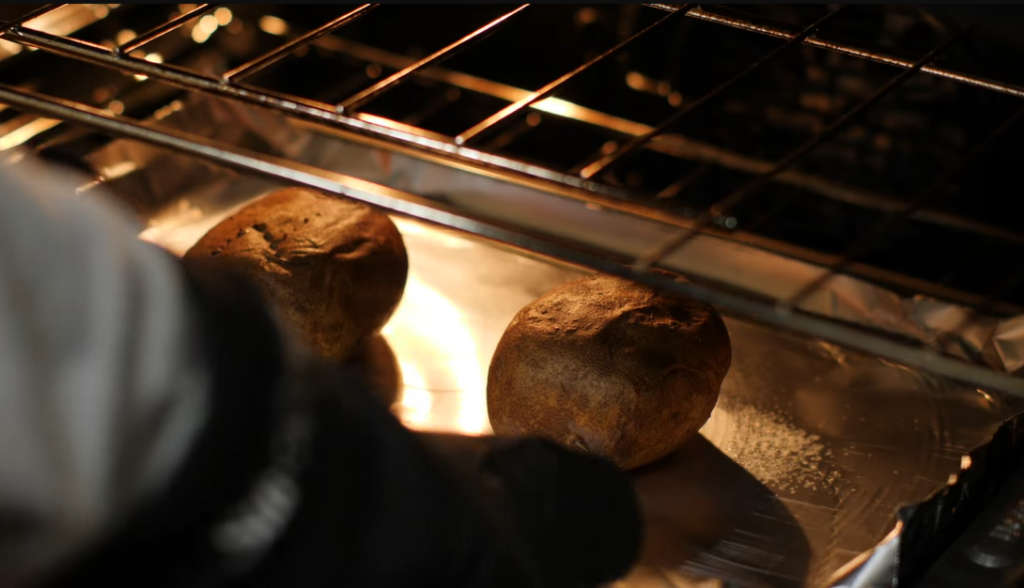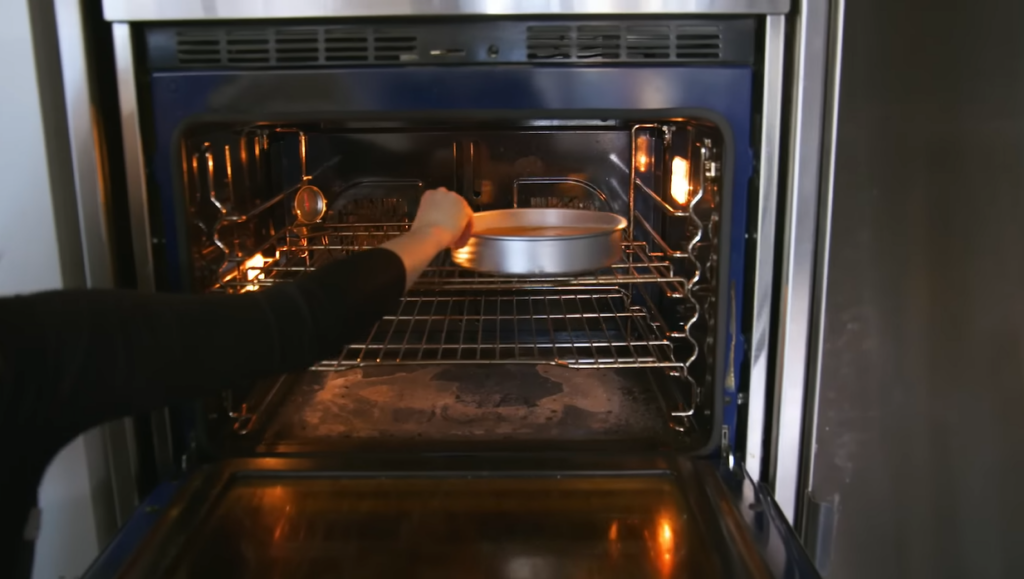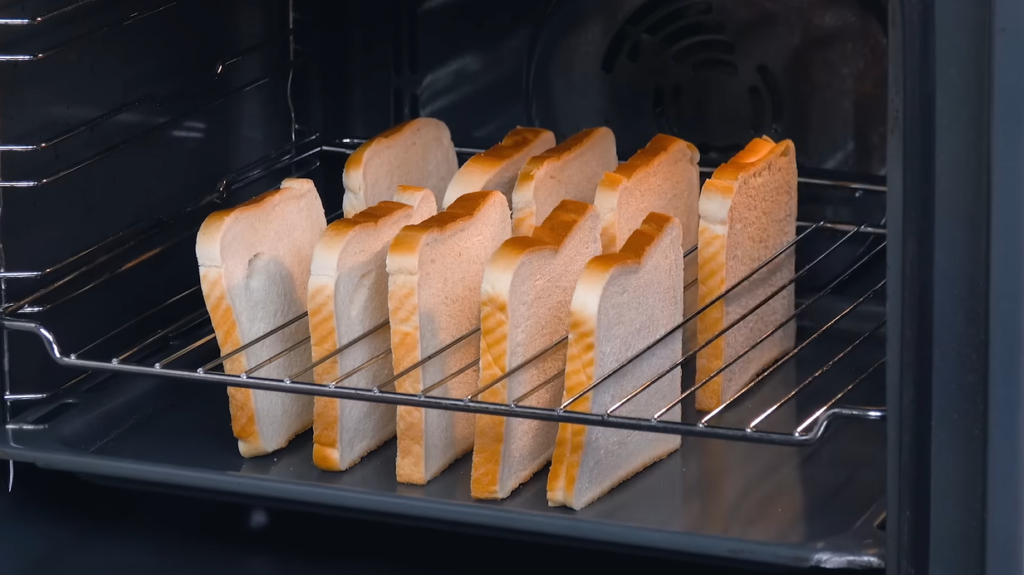In today’s energy-conscious world, individuals must clearly understand the cost implications of their daily activities, including operating household appliances such as ovens.
Users can make informed decisions and potentially reduce their energy expenses by gaining insight into the factors that affect oven running costs. Here, we’ll provide a comprehensive guide on the cost of running different types of ovens, the factors influencing these costs, and practical tips for cost reduction.
Understanding the Cost of Running an Oven
Running an oven can contribute significantly to monthly energy bills. Therefore, it is crucial to understand the cost implications and take measures to optimize energy usage.
Users can make informed decisions aligning with their budget and environmental goals by being aware of the factors influencing oven running costs. Several factors influence the cost of running an oven, including:
Wattage
Ovens typically consume between 1000 and 5000 watts of electricity, depending on the model and size. Higher-wattage ovens generally consume more energy and have higher running costs.

Electricity Rates
The cost calculation depends on the utility provider’s electricity rate per kilowatt-hour (kWh) charges. This rate varies depending on the region and can be obtained from the electricity bill.
Oven Size, Brand, and Model
Larger ovens with higher wattages consume more electricity, resulting in higher running costs. Different brands and models may also vary in energy efficiency, leading to changing prices.
How Much Does It Cost to Run the Oven for an Hour?
To determine the cost of running an oven for an hour, you must consider the wattage and electricity rates.
Ovens typically range from 1000 to 5000 watts. The specific wattage of an oven can usually be found in the user manual or on the manufacturer’s website.
To calculate the cost of running an oven for an hour, multiply the oven’s wattage by the electricity rate per kilowatt-hour (kWh). For example, if an oven uses 2000 watts and the electricity rate is $0.12 per kWh, the cost would be 2 kWh * $0.12 = $0.24 per hour.

Larger ovens with higher wattages consume more electricity and, consequently, have higher running costs. Moreover, different brands and models can vary in energy efficiency[1], leading to variations in running costs.
Costs of Different Kinds of Ovens to Run for an Hour
Different types of ovens have varying energy requirements, directly impacting their running costs.
Regular Electric Oven
Regular electric ovens, commonly found in households, typically consume between 2000 and 5000 watts. Based on the earlier calculations, running a standard electric oven for an hour could range from $0.24 to $0.60.
Microwave Oven
Microwave ovens are known for their energy efficiency. They average consume around 1200 to 2000 watts, resulting in lower running costs. Considering the same electricity rate, running a microwave oven for an hour could cost approximately $0.14 to $0.24.
Toaster Oven
Toaster ovens are smaller in size and generally consume less energy compared to regular electric ovens. They typically use between 1200 and 1800 watts, resulting in running costs of approximately $0.14 to $0.21 per hour.

Convection Oven
Convection ovens, known for their efficient hot air circulation, often consume similar wattages to regular electric ovens. Therefore, their running costs are comparable, ranging from $0.24 to $0.60 per hour.
Frequently Asked Questions (FAQs)
What is the cost of running an electric oven at 350°F for an hour?
Operating an electric oven at a higher temperature, such as 350°F (175°C), may increase energy consumption. However, the exact cost will depend on the oven’s wattage and electricity rates.
Using the previously mentioned calculations, users can estimate the running costs based on their specific oven and electricity rates.
What is the cost of running an oven all night?
Running an oven continuously throughout the night can significantly contribute to energy costs. It is generally recommended to avoid such practices unless necessary. To estimate the cost, multiply the oven’s wattage by the hours it will be running and then calculate the price based on the electricity rate.
Conclusion
Understanding the cost of running an oven is crucial for making informed decisions and taking steps to reduce energy consumption and expenses. Users can optimize their routines and minimize their environmental impact by considering factors such as oven type, wattage, and energy-efficient practices.
Furthermore, when comparing ovens to alternative cooking appliances, such as stovetops, slow cookers, and air fryers, it is essential to consider their respective energy consumption and cost efficiency to make the best choice for individual needs and preferences.

